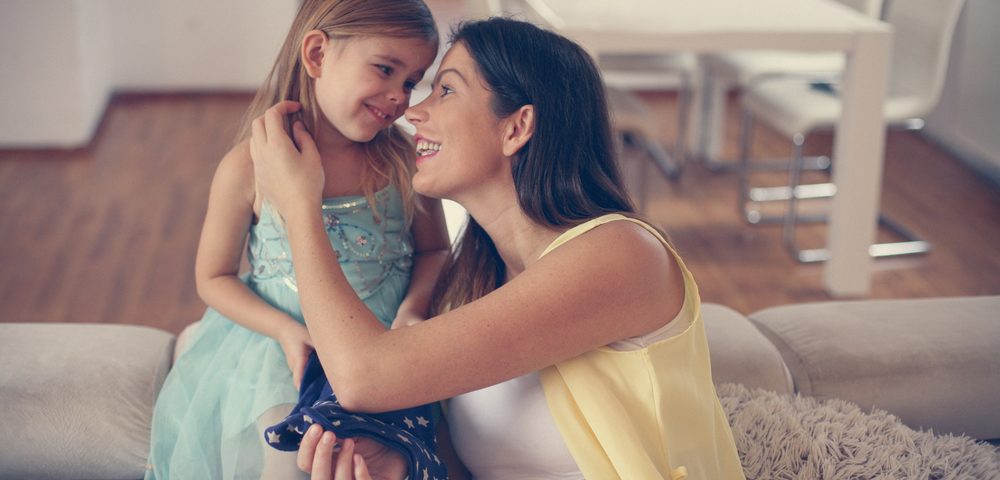Parents’ fear of their children experiencing pain can reduce treatment adherence in children with juvenile idiopathic arthritis (JIA), a new study suggests.
The study, titled “Parent Pain Cognitions and Treatment Adherence in Juvenile Idiopathic Arthritis,” was published in the Journal of Pediatric Psychology.
Treatment adherence is defined by the World Health Organization as the extent to which a person’s behavior agrees with recommendations from a healthcare provider, and is important in the management of chronic illnesses. However, adherence is often hampered by factors such as cost, accessibility, side effects, and forgetfulness.
In pediatric conditions where parents are responsible for administering regular treatments, family dynamics may play a role in treatment adherence. The researchers behind the study in JIA sought to investigate how parents’ perception of their children’s pain during treatment could affect adherence.
To find out, the researchers surveyed 221 parents (93% mothers) of children, 2 to 17 years old, with JIA. The surveys included questions about treatments (which include medications and non-pharmacological interventions such as exercise) and barriers to administering them.
The most common barriers cited were “children not liking the medication side effects” (53%), “parents not being there to remind their child to take medications” (41%), and “children resisting medications that involve injections” (40%).
The researchers also assessed parental catastrophizing — defined as “an exaggerated negative mental set brought to bear during actual or anticipated pain experience” — using the Pain Catastrophizing Scale-Parent Version, and their fear of pain was measured using the Parent Fear of Pain Questionnaire.
The researchers then entered the data into statistical models to find any significant links between parents’ feelings about pain and their children’s treatment adherence.
In the first model, pain catastrophizing scores were significantly linked with treatment adherence: for every 1 standard deviation increase in the pain catastrophizing score, there was a 0.35 standard deviation decrease in the treatment adherence score. In other words, as parents’ pain catastrophizing scores increased, their children’s treatment adherence decreased.
When parental fear of pain was added to this model, the association was even stronger, but then the pain catastrophizing scores were no longer significant in this combined model. This association between fear of pain and treatment adherence was even stronger when focused on the 165 participants who were undergoing more painful treatments (e.g. injections).
Although the researchers were operating under the assumption that higher pain scores would lead to lower adherence, the data do not directly support a cause-and-effect relationship, but do suggest that the two things are related. In theory, it could be equally plausible that lower treatment adherence could cause parents to have more fear about their children’s pain.
In order to address this quandary, the researchers used different statistical models based on the assumption that treatment adherence is the factor mediating the parents’ feelings about pain.
Although some associations were maintained in these models, the relationship was not nearly as strong statistically. Thus — although this does not prove a cause-and-effect relationship either way — the researchers proposed that parents’ feelings about their children experiencing pain impacted treatment adherence, and not the other way around.
“This study has demonstrated support for a link between parent pain cognitions and treatment adherence, which has important implications for the short and long-term outcomes of children with JIA,” the researchers said. “It is hoped that by portraying this relationship there is greater impetus for the provision of psychological and pain-specific services for families of children with JIA.”

